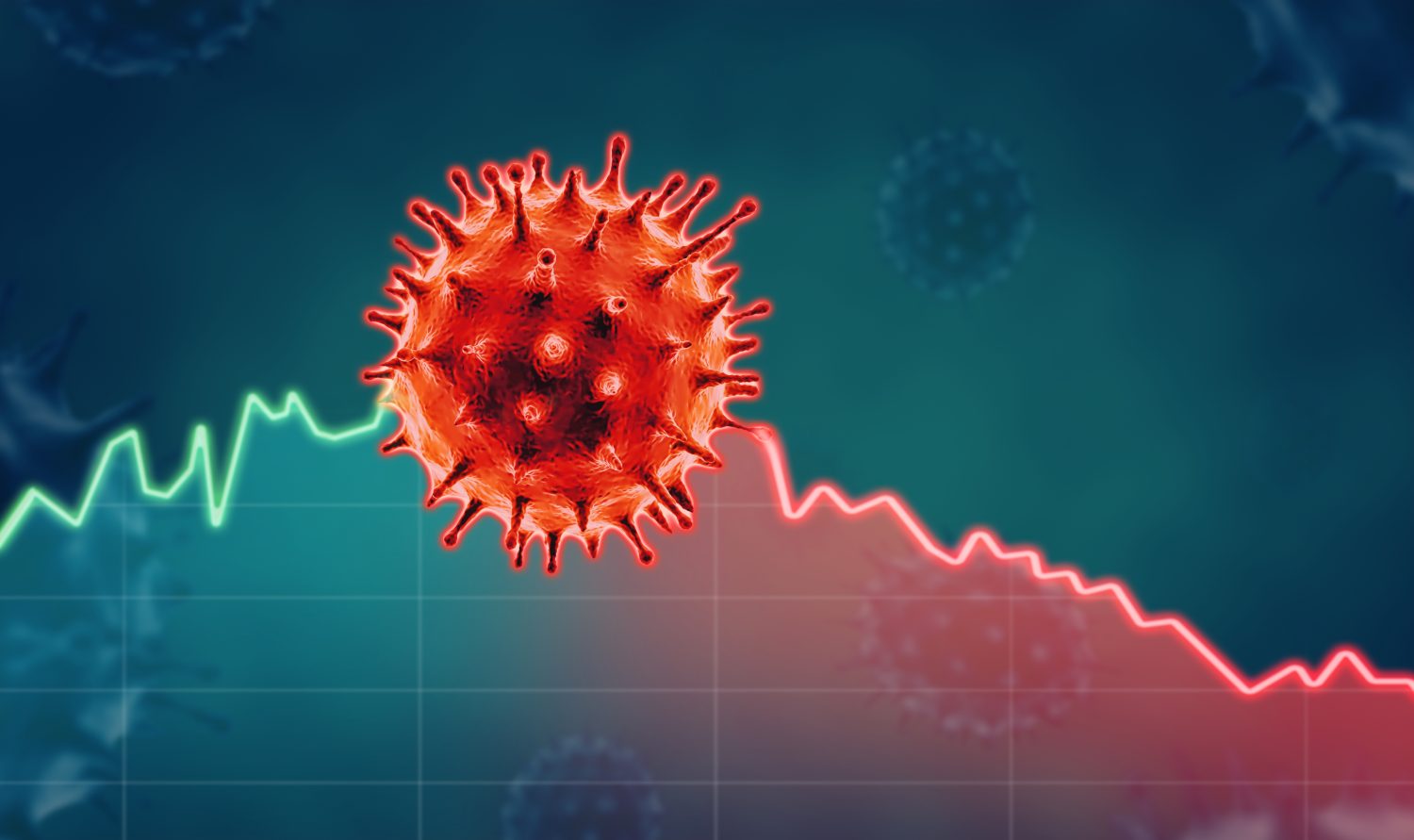Coronavirus variants: are they really more deadly? Here’s what scientists know so far
Dr David Courtney asks whether the new variants of COVID-19 are more lethal or more transmissible than the original virus.

One certainty during a pandemic is that the virus will mutate. SARS-CoV-2, which causes COVID-19, is no different. But how concerned should we be about the new variants of the virus that are arising in places such as the UK, South Africa and Brazil? Are they more lethal or more transmissible than the original virus?
In the UK, for example, Prime Minister Boris Johnson recently claimed that the new variant may be 30%-40% more lethal than the old one, though this has since been played down by scientists.
Every time a virus enters a host and begins to replicate it quickly starts to make mistakes – that’s how mutations arise. Most of these mistakes are actually very harmful to the virus, while other mutations are neutral and don’t really affect it at all. In very rare instances, however, a mutation might confer an advantage over the original virus.
Level of transmission
At the end of December, data started to emerge about a variant of the COVID-19 virus, called B.1.1.7 – since dubbed the “British variant” or the “Kent strain”.
Initial epidemiological reports claimed that this variant was much more transmissible than the original SARS-CoV-2 virus, with some even reporting that transmission was 70% greater. With evidence suggesting that this variant arose in September, this would help to explain the dramatic rise in cases that we’ve seen in south-east England since then. This initial estimate of 70% has, however, been downgraded several times since then in other studies.
Another explanation for the rapid rise of the Kent variant or indeed any virus variant is the “founder effect”. This is a phenomenon in evolution where a small group, which happens to be affected by a mutation, ends up spreading it more than other populations. This is down to chance rather than the mutation providing any advantage at all.
To continue reading, please click here.
Article originally appeared in The Conversation.
Image appears courtesy of Shutterstock.




